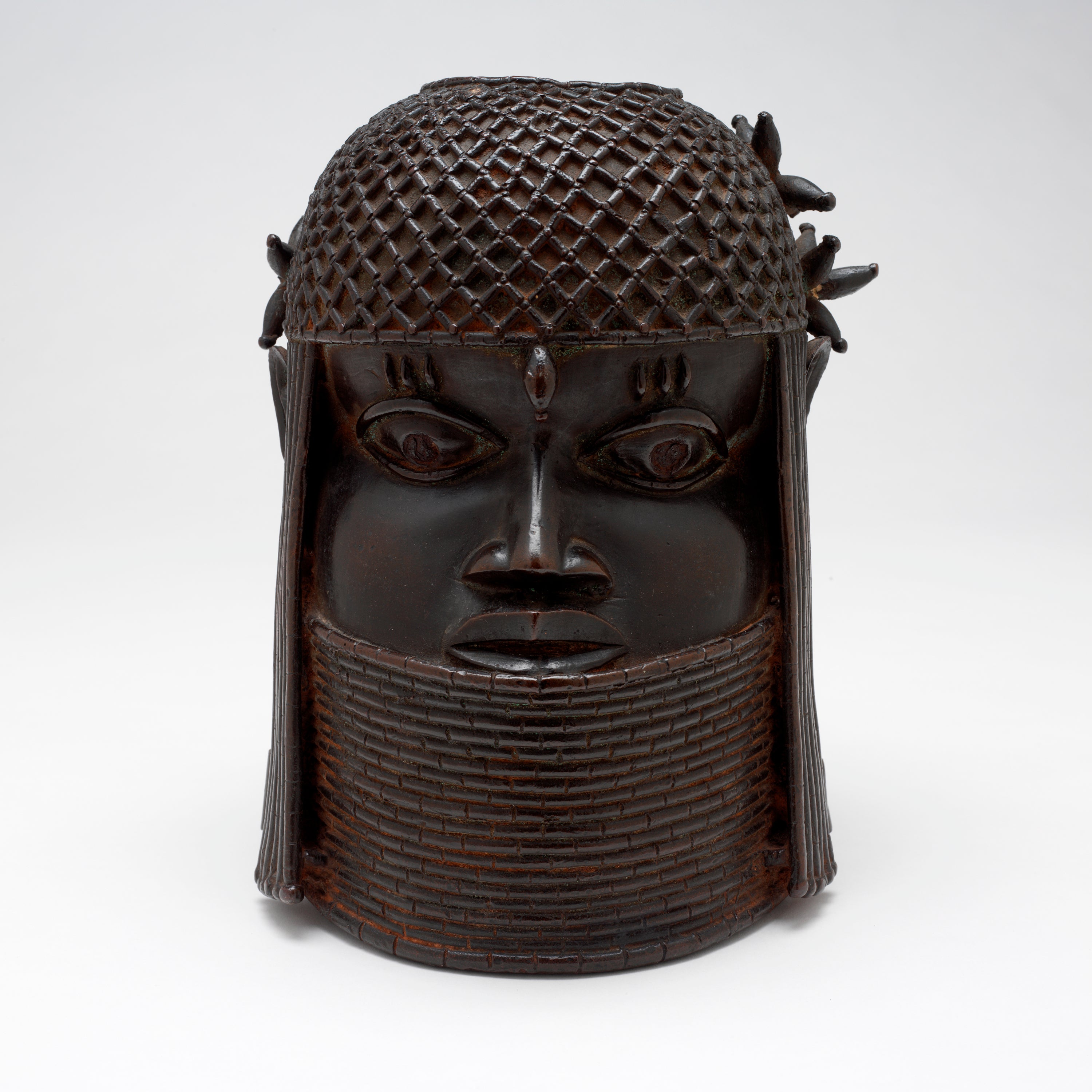US museums return African bronzes stolen in 19th century
A bronze sculpture of a West African king that had been in the collection of a Rhode Island museum for more than 70 years was among 31 culturally priceless objects that have been returned to the Nigerian government

A bronze sculpture of a West African king that had been in the collection of a Rhode Island museum for more than 70 years was among 31 culturally precious objects that were returned to the Nigerian government on Tuesday.
The Benin Bronzes including a piece called the “Head of a King" or “Oba" from the Rhode Island School of Design Museum, were transferred to the Nigerian National Collections during a ceremony at the Smithsonian Institution in Washington, D.C.
The pieces that were stolen by the British in the late 19th century included 29 that the Smithsonian Institution's Board of Regents voted in June to return, and one object from the National Gallery of Art, officials said.
The repatriation is part of a worldwide movement by cultural institutions to return artifacts that were often stolen during colonial wars. In August, the Horniman Museum and Gardens in London announced that it would transfer a collection of 72 Benin Bronzes to the Nigerian government.
“In 1897 the ‘Head of an Oba' was stolen from the Royal Palace of Oba Ovonranwmen," RISD Museum Interim Director Sarah Ganz Blythe said in a statement. “The RISD Museum has worked with the Nigerian National Commission for Museums and Monuments to repatriate this sculpture to the people of Nigeria where it belongs."
Abba Isa Tijani, director-general of Nigeria's National Commission for Museums and Monuments, hopes the transfer inspires more museums to return African artifacts.
“We hope for great collaborations with these museums and institutions and we have already opened promising discussions with them concerning this," he said in a statement. “The entire world is welcome to join in this new way of doing things. A way free from rancours and misgivings. A way filled with mutual respect.”
The Benin Bronzes were stolen in 1897 when British forces sacked the Benin kingdom, which is now in modern-day Nigeria.
The RISD Museum's piece, believed to date to the 1700s, was a gift from Lucy Truman Aldrich in 1939. It had been acquired in a 1935 sale of objects from the Benin Kingdom from the Knoedler Gallery in New York, the museum said in a statement.
A French customs stamp on the interior suggests that it had been in a French collection. And although the RISD Museum has not been able to trace the piece to a specific French or British collection, it is almost certainly one of the looted objects, the museum said.
The bronze head represents an oba, or king, of the Edo people of Benin, West Africa. The sculptures were commissioned by an incoming king to honor a predecessor, and were placed on ancestral altars in the royal palace, the museum said.
Bookmark popover
Removed from bookmarks